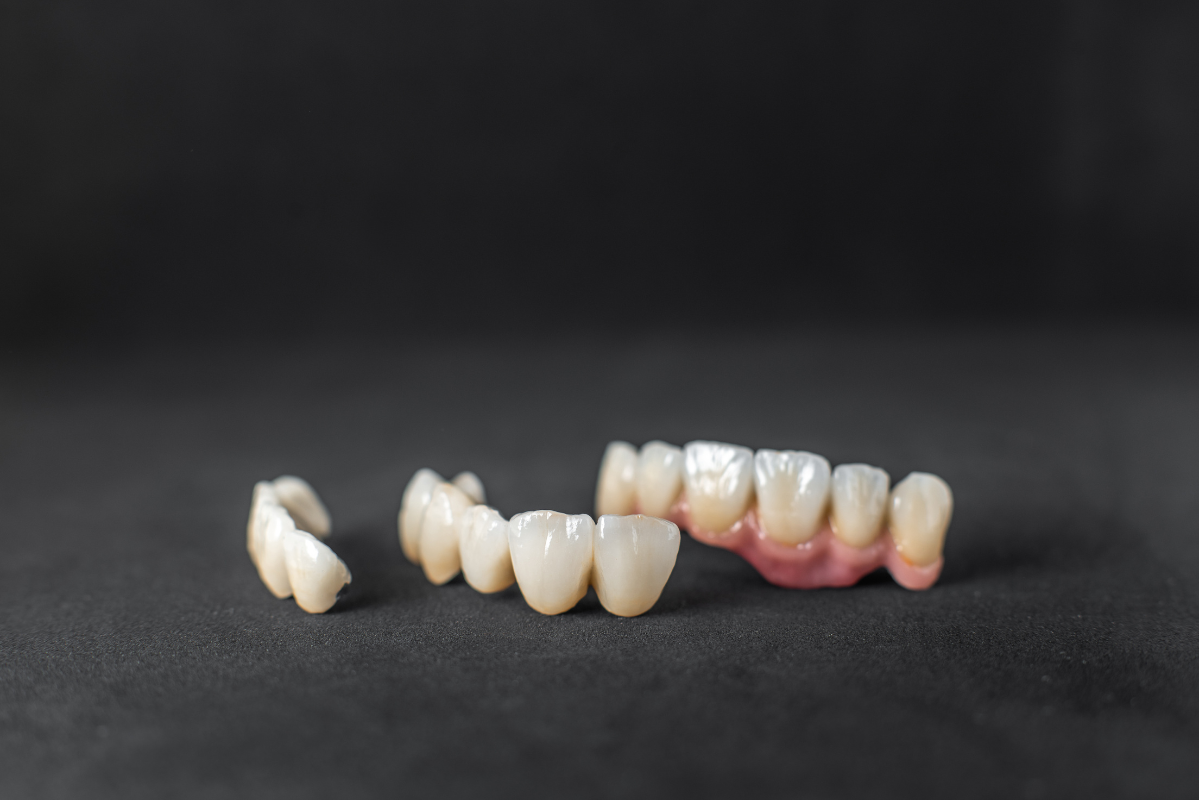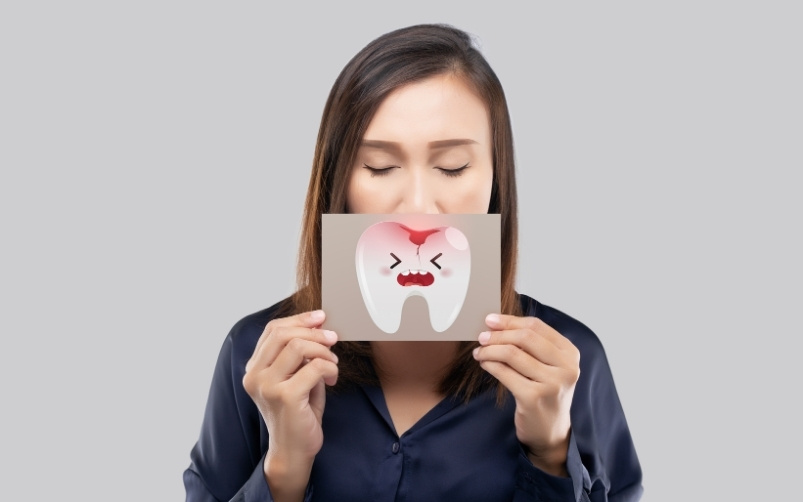
Is Cold Weather Hurting Your Teeth?
February 3, 2025
Dentist
Does the cold, wintry air make your teeth hurt? Your teeth might feel the chill as the temperature drops. Blasts of wind and cold air can sting your face and zap your teeth.
The Academy of General Dentistry has shown that approximately 40 million people in the U.S. suffer from tooth sensitivity. However, this issue is common, and you can treat it without much of a stretch.
Now, some questions can poke into your mind. What is behind this painful phenomenon? How can you protect your mouth?
Keep reading this guide to get all the answers.
Reasons Behind Cold Weather Hurting Your Teeth
Enamel protects a soft layer of dentin in a healthy tooth. In addition, the gums protect the tooth roots. The dentin becomes exposed if the gum line has retreated or the enamel is eroded. It is to be stated that the dentin contains microscopic tubes that cause the pulp of the tooth. When it comes to sensitive teeth, the cold air travels through the tubes. This way, it reaches the nerves deep inside the tooth and delivers a sharp ouch.
Contraction and expansion will be other reasons behind cold weather hurting your tooth. Your front teeth can be exposed to temperature changes of as much as 120 degrees. That may sound like a lot, but consider the temperature difference between a mug of hot tea and a bowl of ice cream.
Exposure to hot or cold foods and cold air can be rough on teeth. Your teeth can contract or expand as the temperature changes, just like other materials. Tiny cracks can form as the outside and inside of your teeth adjust. Usually, these cracks do not affect the structure and strength of your tooth. However, they can lead to discomfort and sensitivity.
The discomfort can be even worse if you have amalgam fillings. After all, metal contracts and expands more quickly than original teeth do.
Factors Contributing to Tooth Sensitivity or Pain
Tooth sensitivity can go away on its own. However, you will need to schedule an appointment with a professional dentist in Matthews if you have tooth sensitivity for more than a day or two.
Based on your circumstances, tooth sensitivity could be a sign of a larger issue that you must address as soon as possible. Some factors that contribute to tooth pain are:
- Sugary foods and drinks
- Brushing teeth too hard
- Nighttime teeth grinding
- Dental plaque buildup
- Gum disease
- Excessive teeth whitening
- Utilizing a hard-bristled toothbrush
- Thin enamel
- Cracked teeth
- Citric acid beverages
- Jaw clenching.
How Can You Stop the Pain?
First, you need to talk to your dentist. Your dentist will identify what is leading to the issue. They will look inside your mouth and possibly conduct some x-rays to recognize the issue.
In some cases, patients need to switch to a toothpaste intended to relieve sensitivity. Your dentist may also put a protective coating on your teeth.
Simultaneously, in other cases, the pain may indicate something more serious is going on. For example, cavities can lead to the escalation of sensitivity, especially if the infection has reached the pulp at the center of your teeth.
Dentists may perform a pulp viability test. It will help check the health of your teeth. During this test, dentists will ask you to bite down and place a cold or hot instrument on each tooth. With this, they can see how your teeth respond to changes in temperature and pressure.
You can manage tooth sensitivity in the meantime. For that, you can breathe through your nose instead of your mouth when you are outside and brushing and flossing regularly to fight decay. Moreover, you can avoid whitening treatments and acidic foods that can scale up sensitivity.
In addition, you can talk to our dentists to deal with tooth sensitivity. We can provide you with the best guidelines to reduce tooth sensitivity for sure.
More Blog Posts

Composite vs. Amalgam Fillings: Which Is Better for Your Smile?
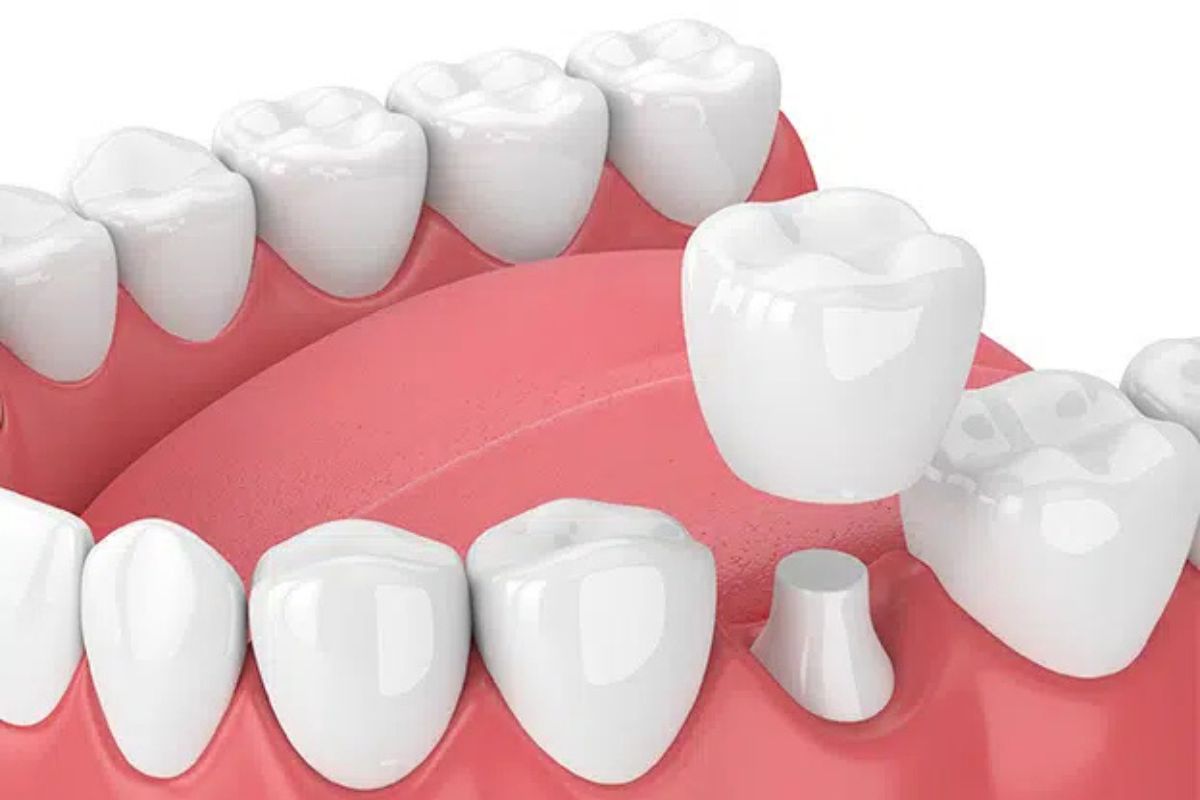
How to Know When Your Dental Crown Needs Replacement
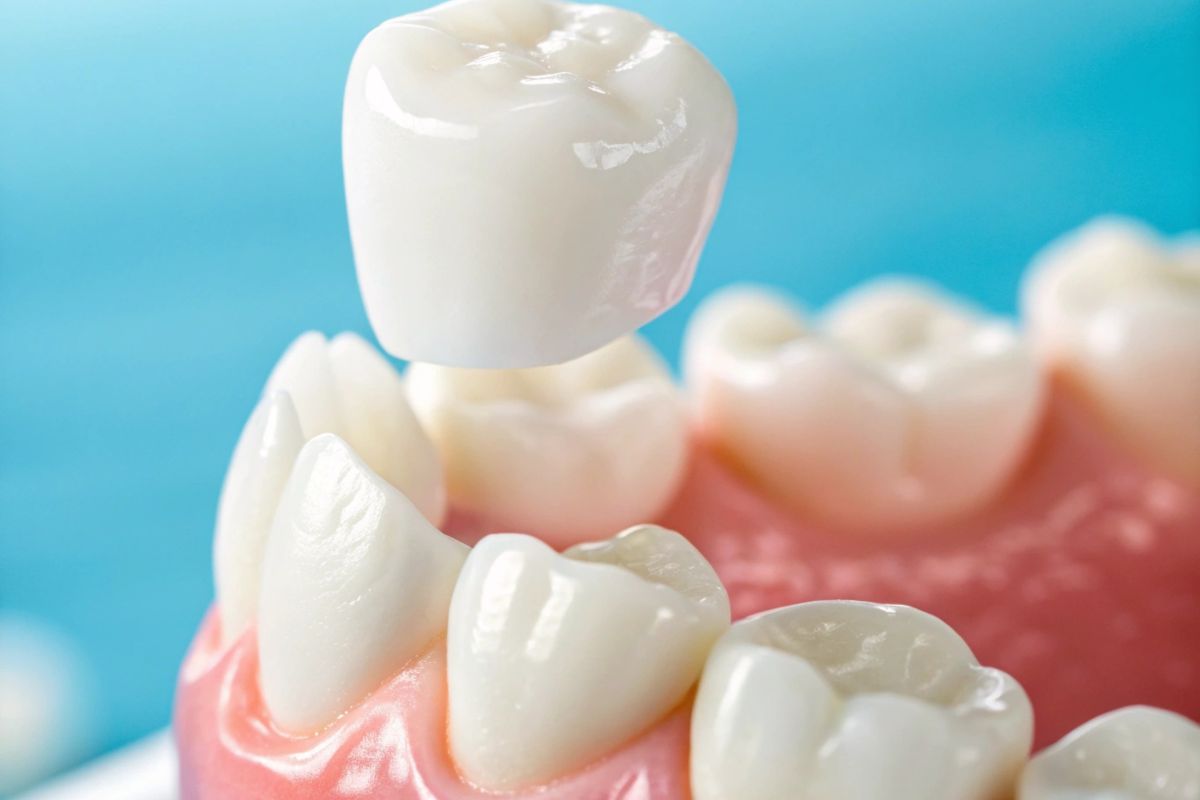
Dental Crown Problems & How to Fix Them
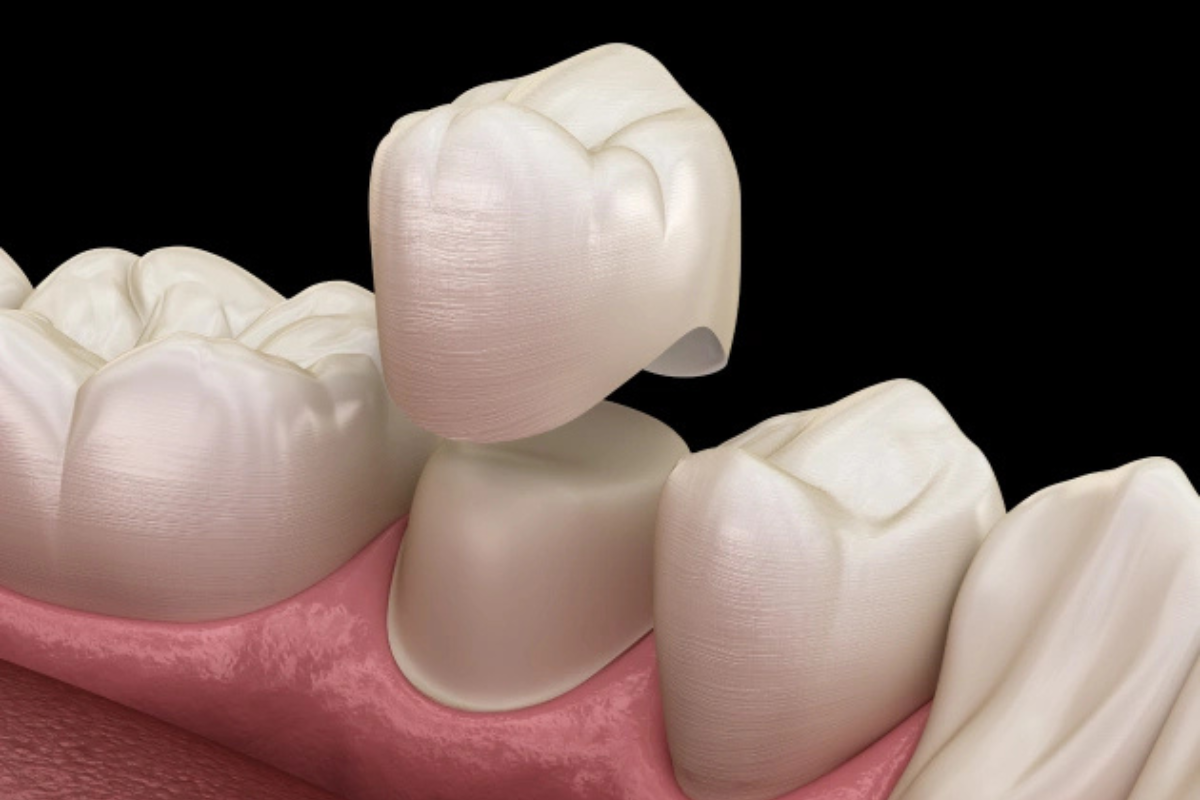
Caring for Your Dental Crowns: Do’s and Don’ts
